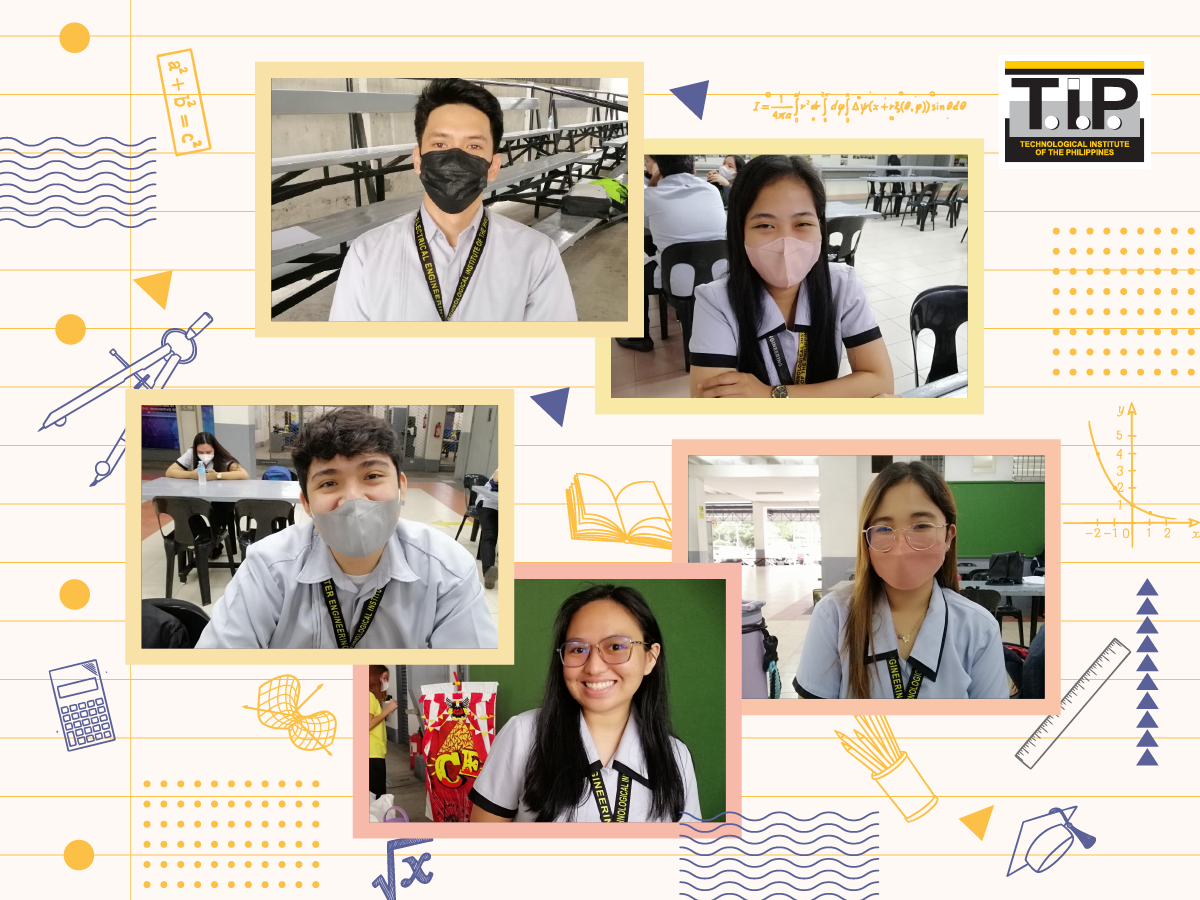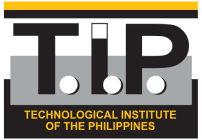


What Makes a Good Engineering Student? It’s Not Being a Math Geek
If you are one of those students who seriously wants to pursue a career in engineering, but has a complicated relationship with mathematics, read on to find out what some of our engineering students have to say about this issue.
According to many of them, you don’t necessarily have to be a math geek or identify as a science nerd to thrive in a particular engineering field. What you need are the following and they require more than just an appetite for numbers:
WILLINGNESS TO LEARN
This is the common theme that threads all the comments we received from some of our engineering students. Before delving into an engineering program, or any other academic discipline for that matter, they said you should first establish your willingness to learn.
“You must always be willing to learn and you love what you’re doing… If you want to pursue the program, you must envision yourself that this will be your job in the future,” said third year BS Civil Engineering student Jianne Mirabelle de Leon of T.I.P. Manila.
Senior BS Chemical Engineering major Rizza Ann Vibar, also of T.I.P. Manila, believes that “you don’t need to have a deep understanding of math as long as you apply the basics.” Apart from an aptitude for solving problems, what matters most to her is self-discipline.
“If you have a great foundation for learning, you can pursue engineering. But you need self-discipline and the drive to overcome the struggles that come with the course. You should learn to love it; otherwise, if you’re just forcing it on yourself, it will not be worth it,” she said.
T.I.P. Quezon City BS Computer Engineering freshmen Jeremy Dave de los Reyes and Marc Jay Dayanan echoed their views. “If you think you are not good at math, remember that anything can be learned. It just boils down to whether you are really interested in engineering,” they said.
CRITICAL THINKING IS KEY
While being good at numbers has its own benefits, mastering the art of critical thinking is what will get you through this program. Engineering involves the application of different scientific principles, so you need to sharpen your analytical skills.
T.I.P. Manila BS Electrical Engineering sophomore Andre Raphael David gave this piece of advice. On top of working on your confidence, he said it is important for engineering students to exercise some degree of patience when it comes to solving problems.
“Because you don’t necessarily have to just rely on a single formula when solving equations. There are shortcut methods… You can apply other formulas to help you arrive at the correct solutions,” he added.
PRACTICE MAKES PROGRESS
Most engineering students use rote memorization to understand key concepts and remember other techniques, especially when dealing with advanced math subjects. This requires constant calculation and problem-solving practice on their part.
“Some say practice makes perfect. To me, practice makes progress. Because when we aim for perfection in our engineering practice, then probably the concepts developed by people like (Nikola) Tesla would not have undergone significant improvements,” David noted.
David was referring to the Serbian-American innovation icon, who invented the alternating current, among other technologies that run on electricity. “He (Tesla) created so many inventions and some of the formulas he wrote in the past are still evolving to this day.”
Experiencing some failure, therefore, is part of the process. Do not be discouraged if you get things wrong at first because you will eventually improve as long as you keep practicing, added junior BS Civil Engineering student Sherry Mae Aquino, also of T.I.P. Manila.
COMMUNICATE AND COLLABORATE
Engineers are tasked to build infrastructures or design systems and processes. To succeed in this job, you have to communicate well and collaborate with others. The ability to explain complex ideas into workable solutions that can be understood by all is a highly desired attribute.
“Communication skills and your ability to engage with people are also important in the field of engineering since the projects that you do will not stop there. You need to report it, you need to discuss it with other engineers, you need to present it to the companies you will work for,” Vibar said.
David pointed out the indispensability of cooperation by putting it this way: “When you build a house, you don’t just sign up an electrical engineer to work on it. You need a civil engineer, an architect, other people to help you work on the project. So, teamwork is another factor.”
ENJOY THE PROCESS
To summarize, our students know fully well that engineering is a tough discipline to study and we are not sugarcoating this fact. It is true that you will encounter a lot of math when you enroll in this program. Nevertheless, there are ways to enjoy engineering classes.
Gabriel de la Cruz, a freshman BS Computer Engineering student from T.I.P. Manila, described his learning process as being in a state of play to help him cope with the challenges of code writing, which is part of his coursework.
“I think of it like I’m just playing with the codes round and round. There is nothing wrong about the codes you are writing because you are using different syntax… Don’t be intimidated by the letters and numbers that you see because they will be taught to you,” he advised.
Dela Cruz said he loves solving problems that’s why he chose to pursue an engineering degree. “It only becomes more complex when you keep thinking about the difficulty. But once you learn the ropes, you will really enjoy studying it.”
As an engineering college, T.I.P. follows an outcomes-based teaching and learning framework to ensure that our students excel in their studies. We develop future engineers whose competencies are measured beyond statistics.



